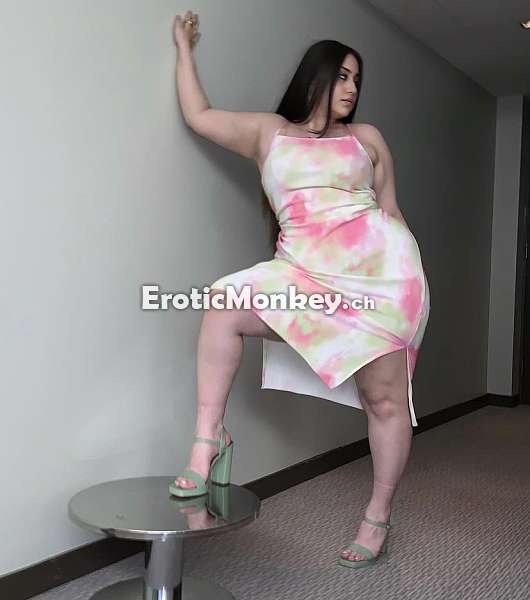
WEIGHT: 67 kg
Bust: C
1 HOUR:70$
NIGHT: +40$
Services: Extreme, Fetish, Foot Worship, Soft domination, Rimming (receiving)
Lesbian, gay, bisexual, and transgender LGBT people in Armenia face legal and social challenges not experienced by non-LGBT residents, due in part to the lack of laws prohibiting discrimination on the grounds of sexual orientation and gender identity and in part to prevailing negative attitudes about LGBT persons throughout society.
Homosexuality has been legal in Armenia since Many LGBT Armenians fear being socially outcast by their friends and families, causing them to keep their sexual orientation or gender identity secret, except to a few family members and friends. Homosexuality remains a taboo topic in many parts of Armenian society. Many LGBT individuals report fearing violence in their workplace or from their family, leading to underreporting of human rights violations and criminal offences.

In , Armenia signed the " joint statement on ending acts of violence and related human rights violations based on sexual orientation and gender identity " at the United Nations , condemning violence and discrimination against LGBT people. Between and , Armenia was part of the Soviet Union. Until , the legislation of Armenia followed the corresponding Section from the former Soviet Union Penal Code, which specifically criminalized anal intercourse between men.
Lesbian and non-penetrative gay sex between consenting adults was not explicitly mentioned in the law as being a criminal offence. The specific article of the Penal Code was , dating back to , and the maximum penalty was five years' imprisonment. The abolition of the anti-gay law along with the death penalty was among Armenia's pre-accession conditions to the Council of Europe in In December , the Azgayin Zhoghov National Assembly approved the new penal code in which the anti-gay article was removed.

On 1 August , President of Armenia Robert Kocharyan ratified it, thus making Armenia the last Council of Europe member state where same-sex sexual activity was decriminalized. There were seven prosecutions in and four in under the law according to Amnesty International , and four in according to the Legal Affairs and Human Rights Committee of the Council of Europe. In , local human rights NGO "Helsinki Association" published via its website the story of a year-old.


































